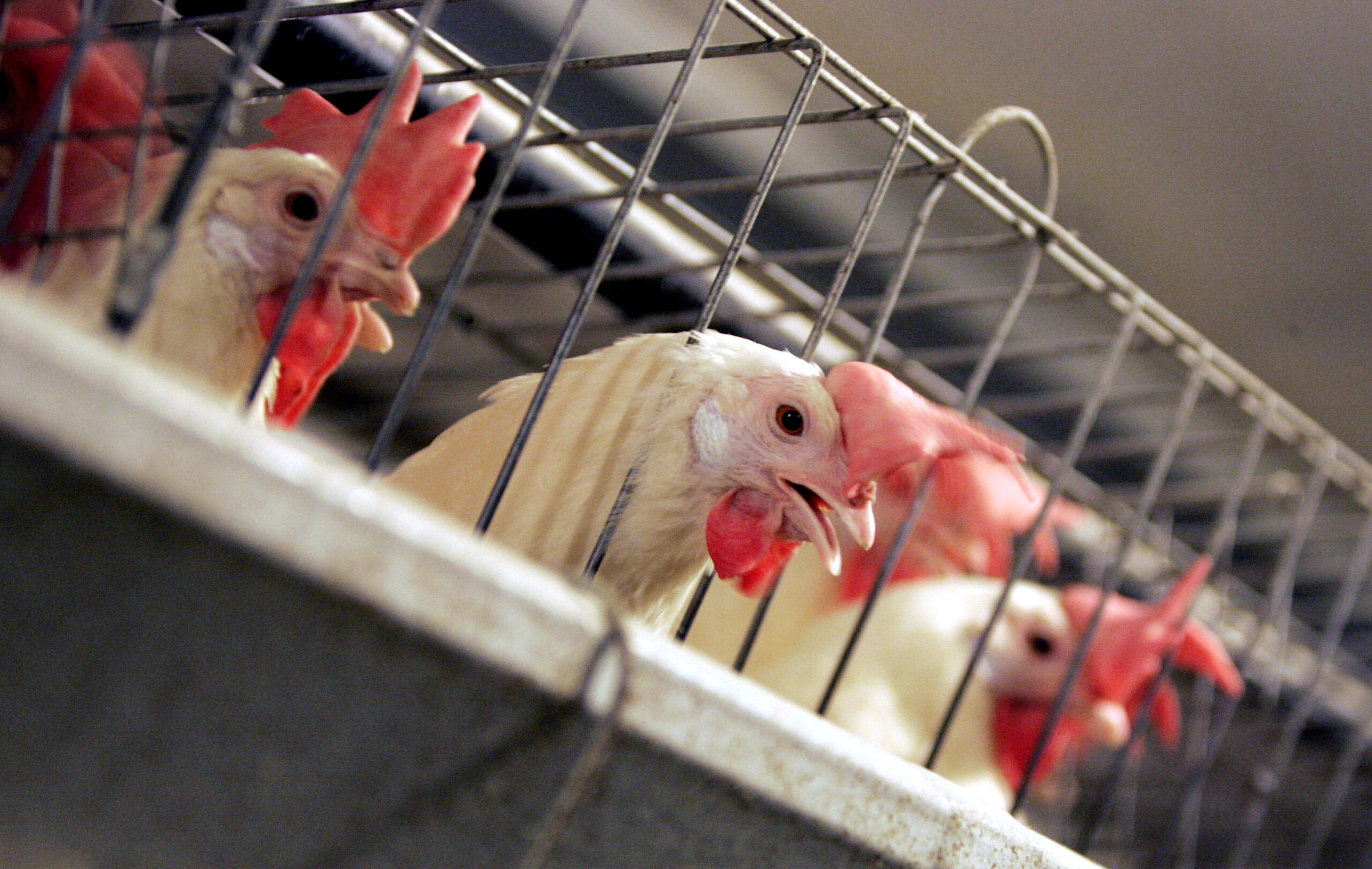A small yellow school bus drives through Hall County dropping off lunches to students from low-income families who are out of class because of the coronavirus.
Epidemiologist Jodie Guest follows behind in a car, getting out at every stop.
“Do you need masks? How many?” she asks the families in Spanish.
One father asks for eight masks – one for every person in the house. Guest hands them over and moves on to the next house. She’s giving out so many masks she’s running out.
As Georgia continues to reopen, a coronavirus outbreak in North Georgia is hitting the state’s massive poultry industry.
State officials say the industry is adjusting to protect its workers, most of whom are Latinos. But the delay in responding has threatened the industry’s well-being and exacerbated an outbreak among Latino families.
Hall County, which is a hub for Georgia’s multibillion-dollar poultry industry, has the highest per capita rate of COVID-19 cases in North Georgia. Latinos in Hall County are getting infected at roughly double the rate as everyone else, Guest said.
She said there are many factors driving the outbreak among Latino families. Some Latinos are reluctant to get tested because they or their family members are undocumented.
At the poultry plants, many worked on production lines virtually elbow to elbow. Add to that cramped living conditions, with sometimes as many as 15 people in a single house.
“They’re in crowded conditions — both during the day and when they are at home. And that’s just a breeding ground for COVID-19 to seed inside of a community,” Guest said.
The outbreak has attracted the attention of state officials.
If the poultry plants are sidelined or production is delayed, that could cause a massive economic hit — the industry contributes some $18 billion a year to Georgia’s economy.
In an interview with WABE, Agriculture Commissioner Gary Black attributed the spread of the virus to the workers’ lifestyle.
“You can see where there have been some elevated cases. The facts are it’s not happening at work. It’s happening after hours.”
He said Georgia’s poultry plants are now doing a great job of mitigating the spread of the coronavirus. Including temperature checks, requiring face masks and putting up disposable plastic curtains between workstations.
“It’s amazing. And thoroughly acceptable from a standpoint of providing that extra little bit of cover for the employee,” Black said.
But many poultry workers got sick before the industry implemented more safety precautions. WABE heard from several employees. They asked to remain anonymous because they fear retaliation.
One worker said as late as April, employees were arriving at her plant coughing and with a fever. She said company bosses told sick workers to apply for unemployment, but many didn’t qualify because of their immigration status.
Another employee said her husband — who works with her at the poultry plant – tested positive for COVID-19. He was sent home with pay. But when she tested positive a few weeks later, her boss told her she didn’t qualify for sick pay because she contracted the virus at home.
A third woman worked at a poultry plant until February, right before the coronavirus outbreak. She said she quit because it was an abusive work environment.
“If you tell the boss you don’t feel well, the response is, ‘Keep working,’” she said.
But as the coronavirus has threatened the poultry industry, some companies have taken aggressive steps in recent weeks to keep their workers healthy.
Vital Foods CEO Juan Carlos Lomas arranged for all his employees, including himself, to get tested.
“It’s needed,” he said. “One of the things that we did is that we try to get our leaders to do it first so they can see that we are going to do it. We are with them.”
He said workers who test positive are sent home with full pay. Employees with family members who have the coronavirus are sent home with two-thirds of their pay.
He’s hoping these measures will keep sick employees at home, and slow the virus’ spread.








